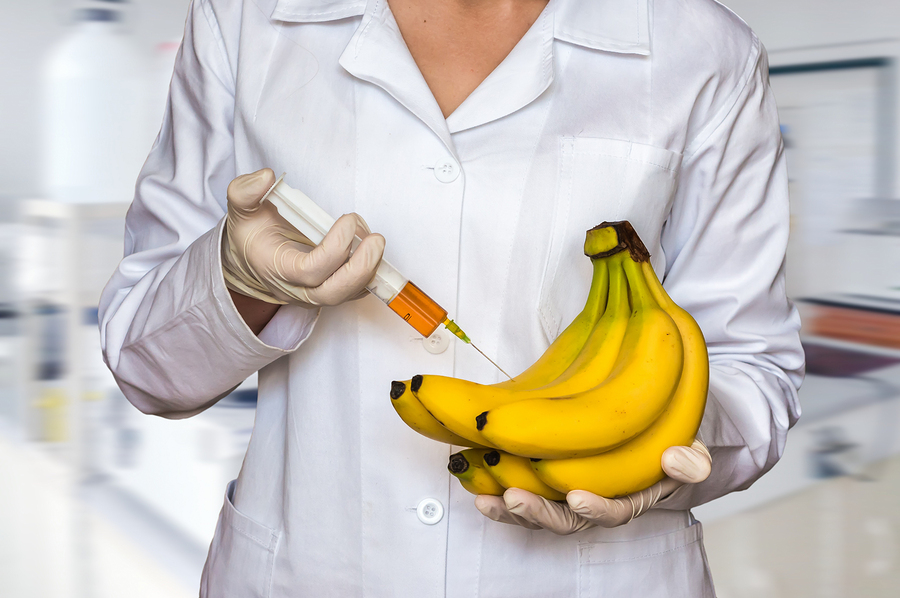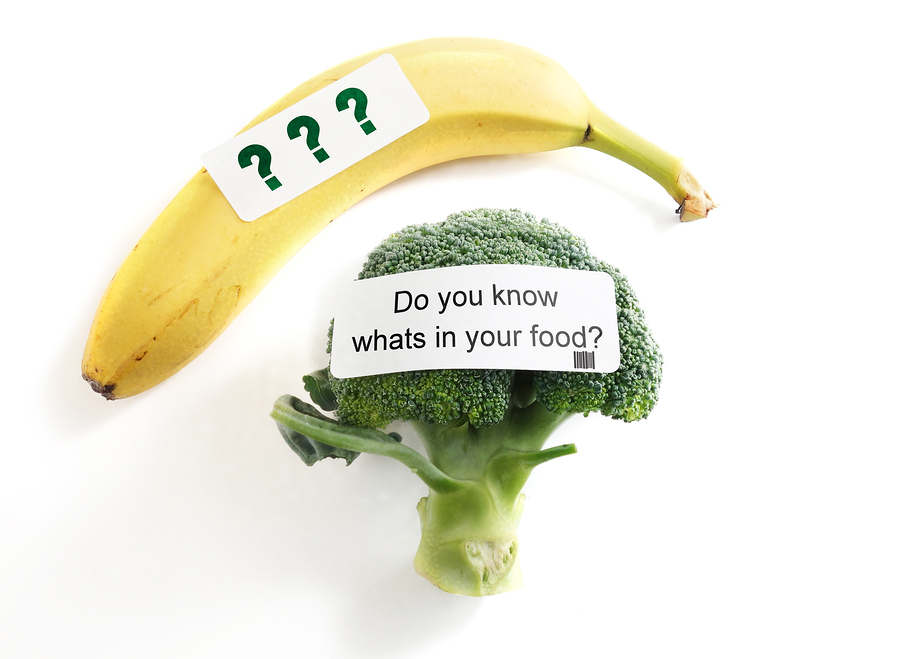- Make It Yourself Lavender Heart-Shaped Bath Bombs!
- 20 Things You Never Knew About “Down There”
- 12 Best Foods For Those Suffering From Arthritis Pain
- 12 Personal Hygiene Mistakes Almost Everyone Makes (Mom Never Told You About #4!)
- 15 Medicinal Plants And Herbs From The Cherokee People
- 12 Mind-Blowing Benefits Of Drinking Coconut Water During Pregnancy
- 12 Outstanding Winter Foods That Won’t Fatten You Up Like A Christmas Turkey
Rethinking How We Bring Food To Our Homes Or OOOOBY

Photo credit: bigstock.com
Everyone wants to buy locally these days and can you blame them? Food comes to us from all over the world and many parts of the world that have different standards than our own. It is unknown if it is truly organic or if it is GMO….is it any wonder that people are looking for local food from local farmers that they can trust?
But buying locally is not easy for many people. It’s crazy how food can travel to us from thousands of miles away rather than simply being purchased from a local farmer. Not only does this make our food less fresh, but consider the carbon emissions that are being generated by the transportation needs that this type of system requires?
The manner in which our current globalized food system works is absolutely destroying our ecosystems and, to top it off its delivering chemical ridden foods to our supermarkets.
One man, however, had an idea to stop polluting the earth and bring fresh, locally grown food to the people. Pete Russell went on to develop a system called Ooooby or “Out of our own backyards.” Ooooby’s main goal is make local food affordable, convenient, and fair in all places. Using software to connect local farmers and customers, this simple system works where the modern industrial food system is failing.
This collaborative enterprise aims to help small farmers and growers so that they receive a fair price for their produce all the while providing a framework for connecting growers and consumers using a technology based platform.
The way the current industrial agricultural program works is that in order to supply large supermarket chains, farmers are forced to either reduce their prices or increase their productivity. The only way farmers can turn a profit is to expand operations.
However, with Ooooby subjects in the supply chain are paid fairly for their produce. Farmers are paid 50 percent of the total retail value for the supply and delivery of their products to an Ooooby hub. This might not sound like much, but considering that the industrial farming method used today generally pays no more than 20 percent for their produce it is a great increase.
Ooooby connects growers with an interface that connects them with customers. This software program has a proven success rate which creates opportunities for local growers and fosters a sense of community and connection. Ooooby crews facilitate the coordination and fulfillment of this plan.
By the way, Ooooby works not only for farmers, but for those who grow produce in their own backyards. Everyone from professional farmers to large scale backyard growers and even small time amateur gardeners can participate. The idea here is to rebuild connections between growers of all sizes and society.
Locally grown and as natural as possible is the goal. This means organic as much as possible and where ever available. Ooooby started in New Zealand and spread quickly to Australia and Europe. It is now beginning to be set up in America. The most recent location to start this program is in Fresno, California, the heart of local farming in Central California. Ooooby should be available in Seattle, Washington, sometime in 2016.
Continue to Page 2

Photo credit: bigstock.com
The ultimate goal of this program is to offer customers an alternative to supermarkets, for customers to know where their food is from and where the funds of their purchases are going. This program is always expanding its base. It originally began with eggs, bread, and produce but as more and more farmers come on board, it is hoped that Ooooby might also be able to supply people with grass fed, free range meats as well.
Some of the best benefits that come from the Ooooby program are:
- Empowering people to make informed choices
- Direct contact with farmers and other growers
- A more efficient means of food distribution and delivery
- Less reliance on the current industrial food system
- Great program for the elderly or those who find it difficult to get to regular farmer’s markets
- Significantly fewer food miles involved = smaller carbon footprint
- Funds stay within the local community
- Better access to locally grown food
- Better quality produce at competitive prices
- Growers receive significantly better financial returns
READ ALSO: Americans Overwhelmingly Reject Monsanto In Favor Of Organic Foods
If this sounds good to you, consider setting up an Ooooby program in your area. Even if you know nothing about farming or food production, you can be a part of this exciting grass roots program.
This is an exciting program that everyone can be a part of!
References:
































